The road to empowerment lies where you can exercise control on yourself, not on others, and accepting that you can’t control everything in life. The moment you understand this, your life will change.
Coming to grips with what you can and can’t control opens the door to true emotional freedom and personal power.
I frequently receive questions about what to do in situations where someone is behaving in an unloving way, or a way that’s painful for them.
For example:
- My co-worker never answers emails, making it very hard for me to do my work, as I need his input.
- My wife never wants to make love.
- People often ask me intrusive questions that I don’t want to answer.
- My husband is often late and never calls to let me know he is going to be late for dinner.
- My friend got together with a bunch of our friends for lunch and didn’t invite me.
- My parents are forever criticizing me.
- I often feel invaded and demanded of by family and friends.
- My husband sits at the table when we go out to dinner absorbed with his phone instead of talking with me.
- My children are disrespectful toward me.
- My wife has a male friend whom she talks with all the time and sometimes meets for lunch, even though I’ve told her I’m uncomfortable with their relationship.
- My wife often wants to talk about what I’m doing wrong.
Related: Trying to Control Makes You Feel Miserable
Two Healthy Choices In Conflict
It is important to remember that we have only two healthy ways of dealing with conflict – two loving responses when another is behaving in a way that is upsetting or hurtful to us.
1. We can move into an intent to learn about ourselves and with the other person to try to understand the other’s behavior, and discover if there is anything we are doing that is contributing to the issue.
2. If the other person is not open to learning with us or they are not someone we are interested in learning with, then the only other loving action is to lovingly disengage from the situation, and then do our own Inner Bonding process to discover what the loving action is for ourselves.
This is what you DO have control over.
What you DON’T have control over is getting the other person to change.
Moving into an intent to learn with the other person may bring about new learning that changes the situation between you, but this is not a given. You may still need to do your own Inner Bonding process to discover your own loving action.
Here is where your guidance comes into the picture.
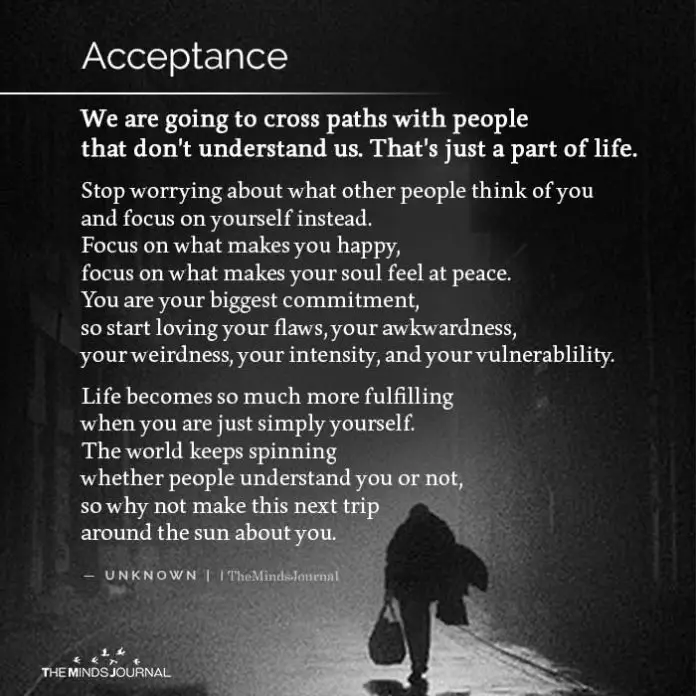
How Accepting What You Can’t Control Will Change Your Life
By opening to learning with your guidance about what you need to do for yourself in the face of the other’s choices, you become empowered to control what you can control – your own loving actions on your own behalf. This is what moves you out of feeling like a victim and into emotional freedom.
It is only when you 100% accept your total lack of control over others and outcomes that you can fully access the wisdom of your guidance. As long as there is any intent to control, your frequency will remain too low to discover the loving action for yourself.
People often tell me how hard it is for them to connect with their guidance. Actually, connecting with your guidance is not hard at all when your frequency is high enough, which naturally occurs when you are truly in an intent to learn about what is loving to you.
Related: Solving the Problem of Controlling People
But it is impossible to get your frequency high enough when you are blaming someone else, seeing yourself as a victim, trying to find a way to get the other person to change, abandoning yourself by ignoring your feelings, judging yourself, turning to addictions, eating junk food, and making someone else responsible for you.
What you CAN control is your own intent, your own frequency, your own responses, your own thoughts, and your own actions toward yourself and others.
Why waste energy trying to control what you can’t control? Why not just focus on what you can control – you!
Join Dr. Margaret Paul for her 30-Day at-home Course: “Love Yourself: An Inner Bonding Experience to Heal Anxiety, Depression, Shame, Addictions, and Relationships.”
Written by Dr. Margaret Paul Originally appeared on Inner Bonding
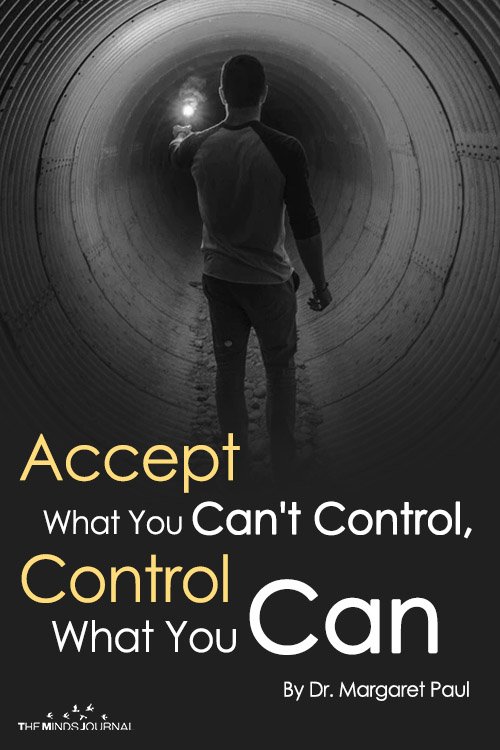
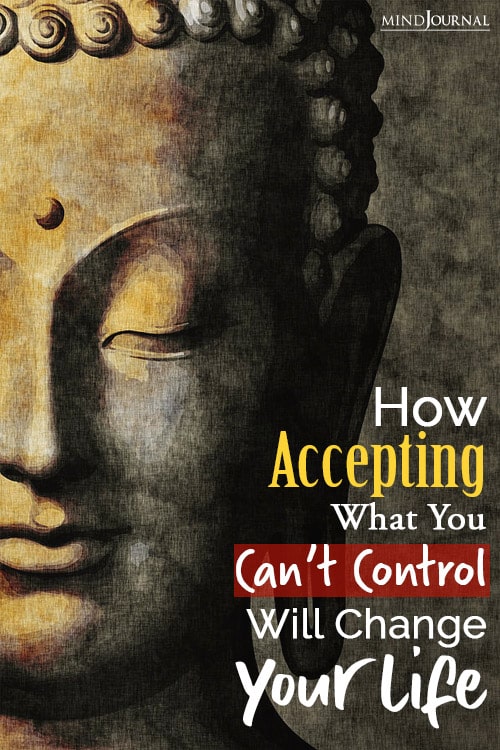
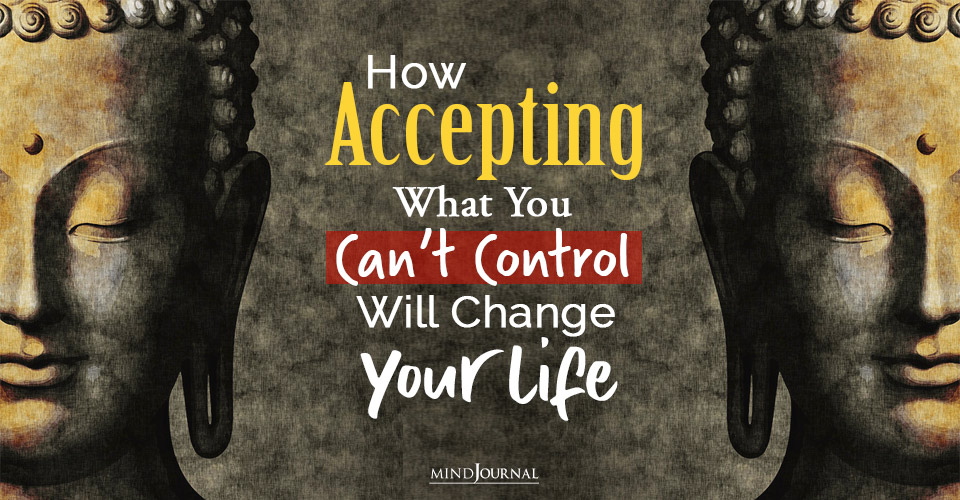
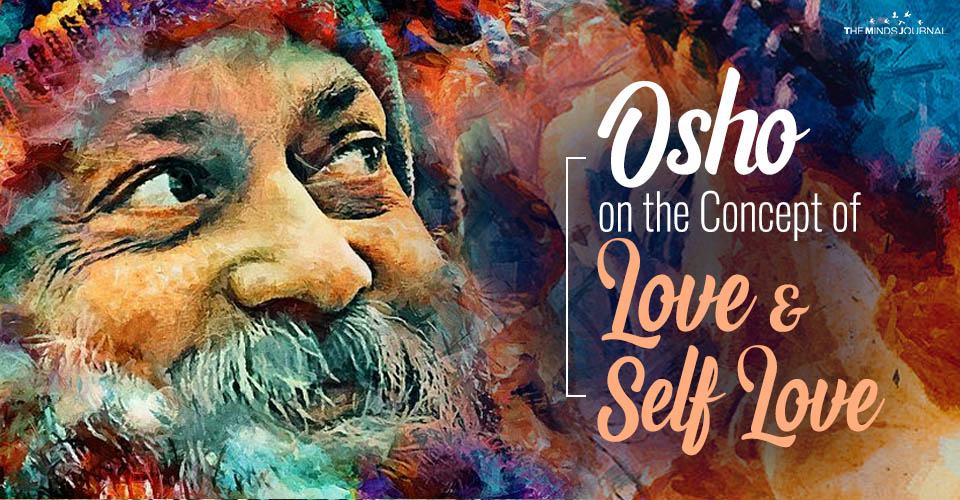


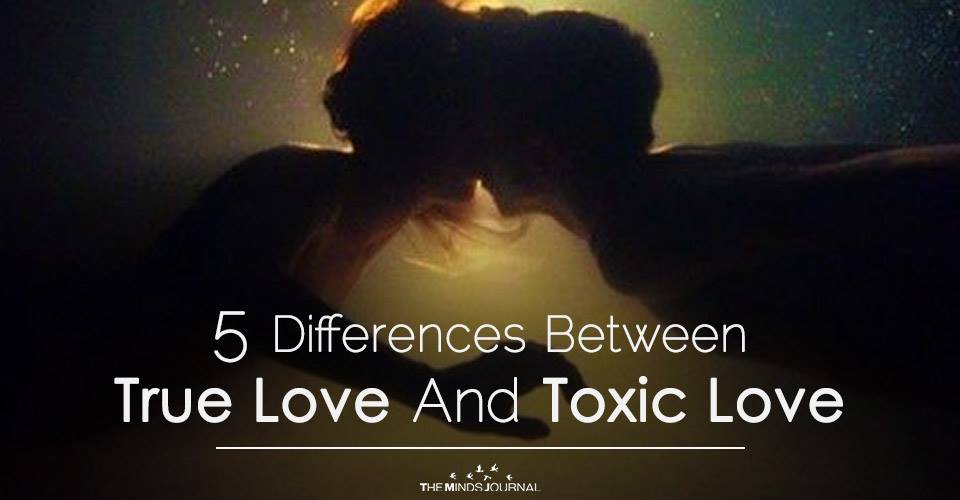

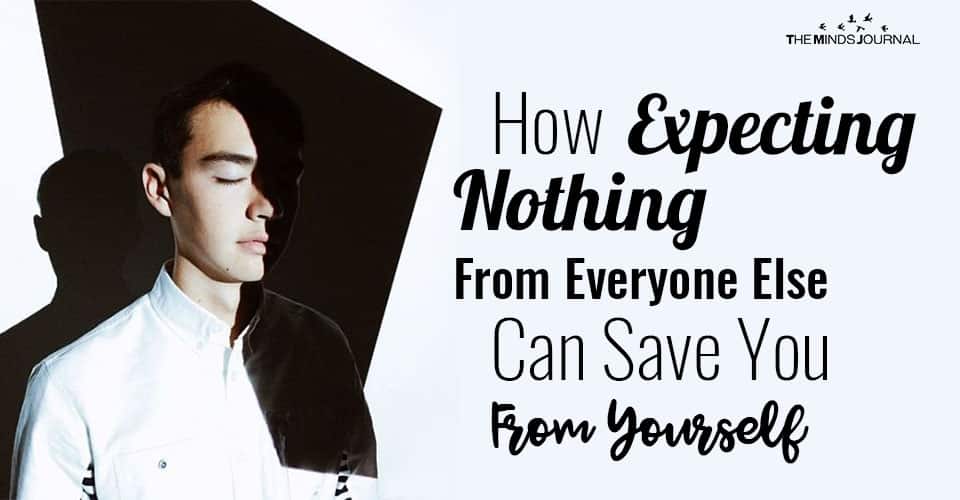







Leave a Reply
You must be logged in to post a comment.